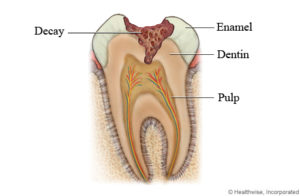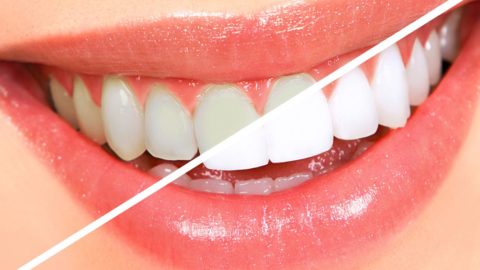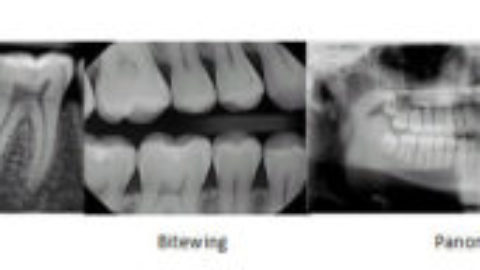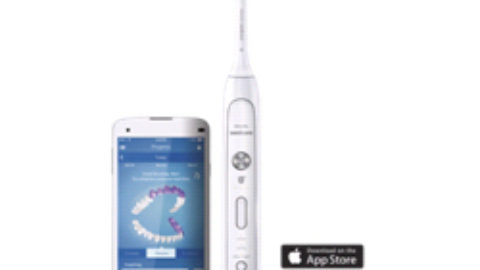Did you know that tooth decay is an infectious disease?
It is actually the second most common disease in the United States – second only to the common cold. It is five times more common than asthma and seven times more common than allergies!
Our mouths contain natural bacteria, just like our guts. If you have been inoculated, one of these is mutans streptococci (MS). MS is an opportunistic infection, meaning that it needs the proper environment to be a threat. Plaque, a combination of the MS bacteria, food and saliva, tends to accumulate most readily on back teeth, along the gum line and at the edges of fillings. When we eat sugary or starchy foods, they are broken down into sucrose. MS feeds upon sucrose and the byproduct produced is called acid. Acid, if not neutralized or removed, attacks the enamel surface of our teeth, creating holes, which are called cavities or tooth decay.
The acid produced by MS is primarily neutralized by our saliva which is a natural buffer. However, it takes on average, 20 minutes for your saliva to bring the pH of your mouth back to a neutral zone. That’s why we recommend to keep snacking to a minimum and to only drink water between meals.
The best way we can combat tooth decay is with good oral hygiene. Brushing your teeth at least twice a day – once first thing in the morning when you wake up and then again before bed. Make sure tooth brush bristles are angled towards your gums at a 45 degree angle and you are using soft bristles and minimal force. Flossing is also very important; it is the only way you are able to clean between our teeth. An appropriate “c” shape technique should be utilized between each and every tooth.
If plaque is not being adequately removed, teeth are at risk for decay. The first areas that will be susceptible are the weakest portions of our teeth. These are root surfaces, filling margins and harder to clean areas of your mouth. Root surfaces are less dense and therefore easier for the MS bacteria to destroy. Micro-gaps exist between filling materials and tooth structure, allowing the potential for bacteria to invade the tooth. Wisdom teeth, rotated/crooked teeth, teeth with deep grooves, etc are harder to keep clean because they are harder to reach with toothbrush bristles and floss.
It is easy to see why tooth decay is so common, but it is important to understand that it is preventable!! Visiting us at least twice a year to have your teeth thoroughly cleaned and examined can prevent tooth concerns. We may recommend dietary changes, prescription products or various hygiene implementations to help you achieve better dental health!








